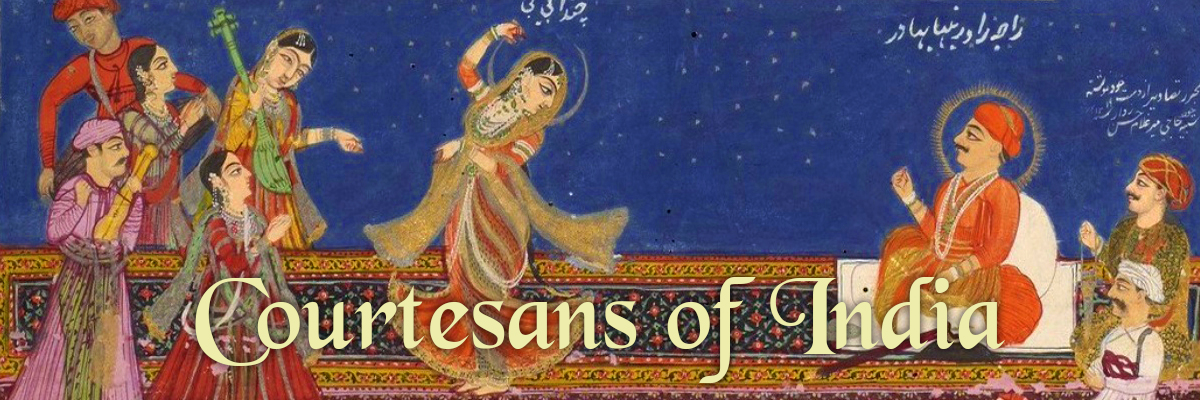This article is available for free online via The Free Library.
From the Introduction
“This article explores the poetry of Indian women poets writing since 600BCE. The idea of freedom, love and desire in the work of poets writing in Pali, Tamil, Kannada, Marathi, Gujarati and Telegu reveals the jouissance experienced and expressed by Indian women in pre-colonial times. The critical framework used is culled from the most ancient texts of Indian theory.”
Topics and Notable Excerpts
- The inconsistency of female sexuality within pre-colonial Indian patriarchy. From pgs. 53-54: “As Richard Brubaker puts it, ‘India knows both the sacredness of order and the sacredness that abandons order’ (Brubaker in Hawley & Wulff 204), endowing the sacred, which is always female, with a complex polarity quite different from the western patriarchal binary divide implicit in the nominal sacer (which, in a later period, splits to denote the oppositions of the sacred and the profane). Thus the sacralization of the normative sexual relations in the dharmic order prescribes male hierarchy over the female, making the insubordination of the female decidedly adharmic, or breaking the bounds of duty. Yet, on precisely this account, breaking the bounds may be a powerful agent of moksha, or liberation from material bondage/salvation, which is the highest state to which the human being can aspire (See Brubaker in Hawley & Wulff 204-209).”
- Briefly discusses the roles of pre-colonial devadasis and tawaifs
- Takes care to differentiate pre-colonial Indian patriarchal ideology from that which is familiar to even well-educated Western feminists (in other words, it emphasizes that not all patriarchies look the same or promote the same beliefs)
- Concisely summarizes a vast history of openly-sexual poetry written by Indian women, and details, through a brief discussion of 18th century Telugu Courtesan Muddupalani’s erotic epic Radhika Santwanam, how this history came to be obscured. Pgs. 60-61: “It was only in the 18th and 19th centuries, under British rule, that the response to women’s writing underwent an ideological change. With the now-famous ban on the 18th century Telegu poet Muddupalani’s erotic epic, Radhika Santwanam, the government considered women writing on the subject of desire and sex objectionable, improper and obscene…. In contemporary western terms, the sexual inversion practised by Muddupalani on the traditional relations between male and female lovers–making the woman’s sensuality and sexuality central to the poem which also speaks of her taking the initiative in love-making, making her satisfaction and her pleasure the focus of the work of literature–may seem startling, but is well in keeping with the ancient tradition of Indian women poets’ verse of pleasure and sexual freedom. However, the foreign ideology which dominated this period in India silenced the centuries-old voices of women intellectuals who had written of freedom, love, desire and sexual jouissance from ancient times with no censure from their societies…. It was with the imposition of a rigidly Victorian sexuality that they lost their independent status, as court patronage was withdrawn under the new rulers, throwing women artists into poverty and homelessness.”
